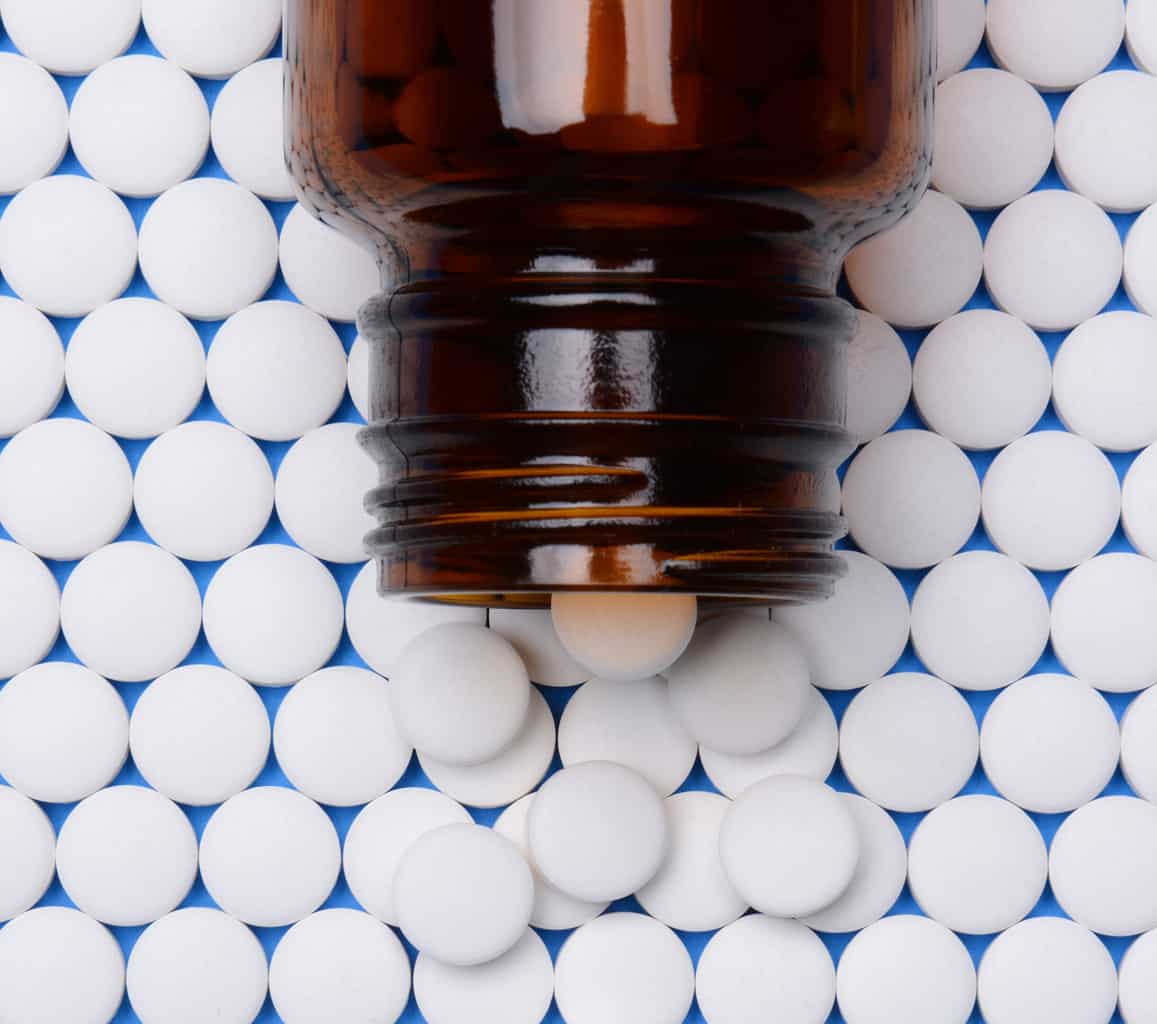
[cmamad id=”15396″ align=”center” tabid=”display-desktop” mobid=”display-desktop” stg=””]
Aspirin is a miracle that prevents lots of cancer and heart attacks…but for some people, it causes stomach problems…
Avoid stomach upset by taking aspirin this way…
—–Important Message—–
Why do 40% of men over 40 have sexual performance problems?
A terrible epidemic is destroying men’s health and killing their erections…
And it has to do with certain types of body fat. Not all types of fat, just the stuff that doctors call bad fat…
(You don’t need to lose tons of weight…just get rid of a little bit of this bad fat to make a huge difference in your sex life…)
Just think:
In 1960, only 2% of men were heavy or obese. And only about 3% of men reported erectile dysfunction…
Now, however, 40% of men over 40 are experiencing regular erection problems, according to the latest research.
And virtually all of these men have too much of this bad fat in their bodies…
Men often report bad fat they can’t get rid of, along with crappy or non-existent erections.
I kind of knew there was a relationship between bad fat and lousy hard-ons…
Then I discovered that it’s true… Many men with a lot of this bad fat also suffer from ED.
When they get rid of little as a teaspoon of this bad fat, their find their penis stirring even with the hint of a breeze, they get their sex drive back, and they feel confident about their sexual prowess again…

———-
Here’s how to take Aspirin safely
One of the many benefits of aspirin is that it lowers the risk of cardiovascular events.
Even in doses as low as 80 mg per day, aspirin can significantly lower the chance of a heart attack.
Some people believe that stopping aspirin therapy can lead to an increased risk of heart attack.
A large study set out to find the statistical reality behind that claim.

This study was conducted at Uppsala University in Sweden and published in the medical journal Circulation.
Sweden keeps very detailed medical records.
They track all prescription medications and hospitalizations very closely.
[cmamad id=”15397″ align=”center” tabid=”display-desktop” mobid=”display-desktop” stg=””]
And low-dose aspirin (75-160 mg) is a prescription medication in Sweden.
Because of this detailed record keeping, it was only a matter of searching the databases for people who were taking aspirin.
The scientists could then find out how changes in medication affected heart attack risk.
The team searched the tens of thousands of relevant records for people taking breaks in low-dose aspirin treatment.
“We were interested in treatment breaks and permanent discontinuation after a stable (1-year) period of continuous aspirin treatment.”
A good mix of men and women were included in the assessment.
After ascertaining the timing of the subjects’ aspirin treatment breaks, the team analyzed the incidence of heart attacks.
In the sample of about 150,000 people with an average age of 73, over 60,000 heart attacks occurred in the three-year period under study.
As we have seen in other studies, aspirin significantly lowers the chance of a heart attack.
“Patients on persistent aspirin treatment had the lowest incidence of cardiovascular events.”
The people who stopped taking aspirin had a much greater likelihood of having a heart attack.
“Patients who had discontinued aspirin had a 37% higher rate of cardiovascular events.”
Older people with a history of heart problems had an even greater risk increase when stopping aspirin.
“Patients with higher age and prior cardiovascular disease were at higher risk increase for cardiovascular events when off aspirin.”
The study found that ceasing low-dose aspirin treatment immediately increased the risk of heart attack.
“The risk appeared to increase as soon as the patients discontinued aspirin, with no safe interval.”
The study also found that a lot of people discontinue aspirin therapy quite early.
“We confirm a high initial discontinuation rate, as seen in prior studies: 1 of 5 aspirin-naïve patients did not collect the second aspirin dispense.”
One side effect of taking low-dose aspirin is stomach upset.
You can avoid stomach upset by dissolving aspirin with sodium bicarbonate…
…without affecting the potency of the aspirin.
Smaller studies had previously shown that ceasing aspirin increased the risk of other major health problems, such as stroke.
“An acutely increased risk of cerebrovascular events, ischemic events, and mortality have been observed in case-control studies.”
Those studies identified surgery or bleeding as reasons for people stopping taking aspirin.
Aspirin can change blood parameters, increasing the risk of bruising or bleeding.
This problem is often amplified by blood-thinning medications.
Many of the changes to blood parameters caused by aspirin can be reduced by supplemental vitamin K2.
“In those studies, the main reasons for aspirin withdrawal were surgery or bleeding, which per se may stimulate platelet aggregation.”
Aspirin reduces the amount of thromboxane in the body.
Thromboxane is a fat by-product that is made of arachidonic acid, a polyunsaturated fat in the diet.
Thromboxane is implicated in heart attacks, heart disease, and Alzheimer’s disease.
The source material for thromboxane (omega 6 polyunsaturated fats) is found in large amounts in vegetable oils…
We might not need so much aspirin if we didn’t consume so much vegetable oil.
There may be a thromboxane rebound after aspirin cessation, which would increase heart attack risk – especially in people with a lot of polyunsaturated fats in their bodies (in circulation or in storage).
“Experimental studies have suggested a rebound effect after aspirin discontinuation, involving increased thromboxane levels possibly resulting from the prothrombotic effects of residual very low levels of aspirin.”
People who have been prescribed low-dose aspirin should be told how to deal with the side effects.
And people should be encouraged to stay ON this low-risk high-payoff medication.
And they need to watch out for vegetable oil.
You should always consult your doctor about medication regimens and any suspected health issues.
——Important Message—–
67-year-old with a younger girlfriend – help!
This is what Bill did to wake up his penis and get his mojo back:

———————-

- Low-Dose Aspirin Discontinuation and Risk of Cardiovascular Events, A Swedish Nationwide, Population-Based Cohort Study
http://circ.ahajournals.org/content/136/13/1183
- Aspirin and heart disease: MedlinePlus Medical Encyclopedia
https://medlineplus.gov/ency/patientinstructions/000092.htm - Should everyone take an aspirin a day? - Harvard Health
https://www.health.harvard.edu/healthbeat/should-everyone-take-an-aspirin-a-day

Leave a Reply